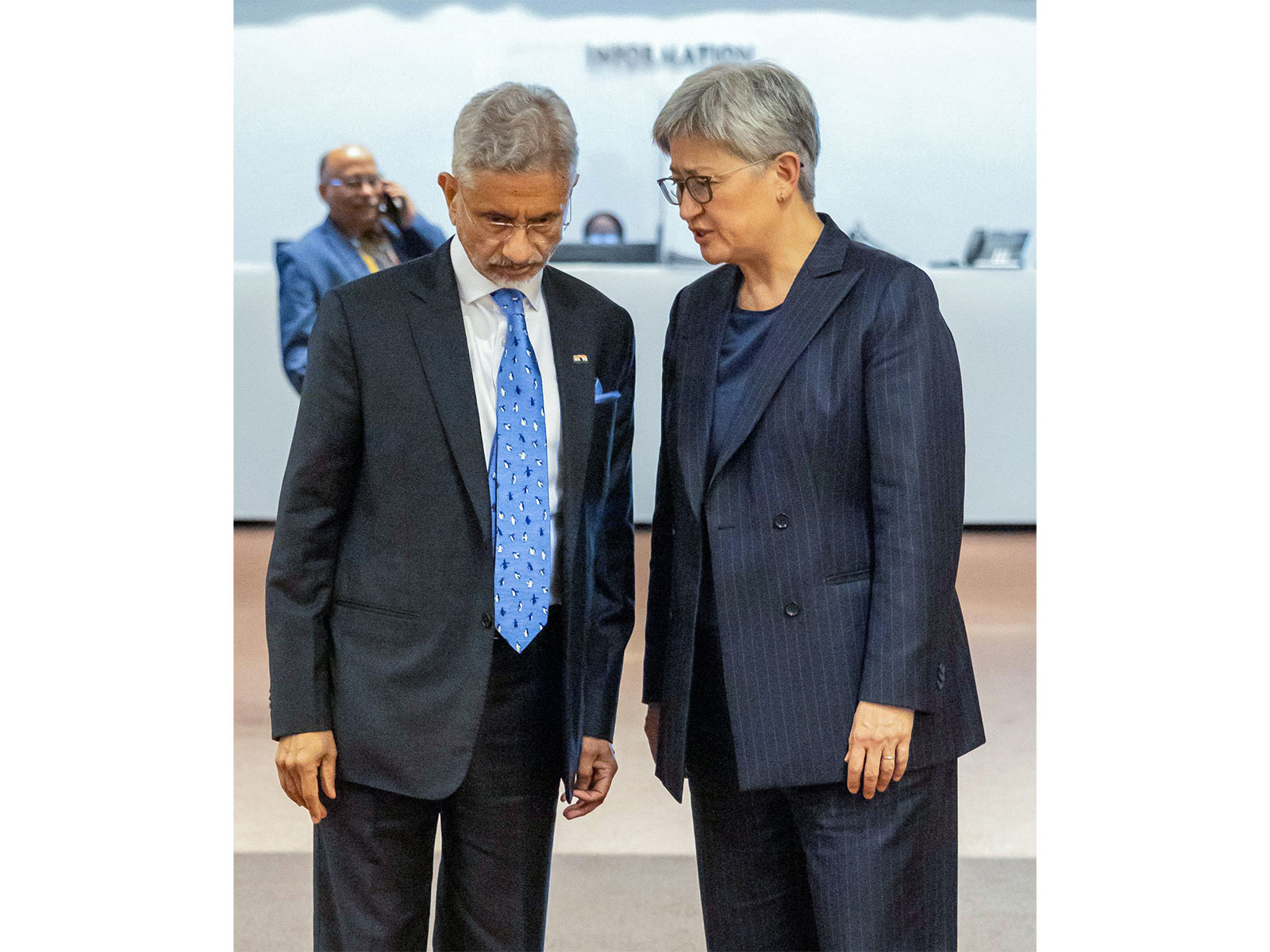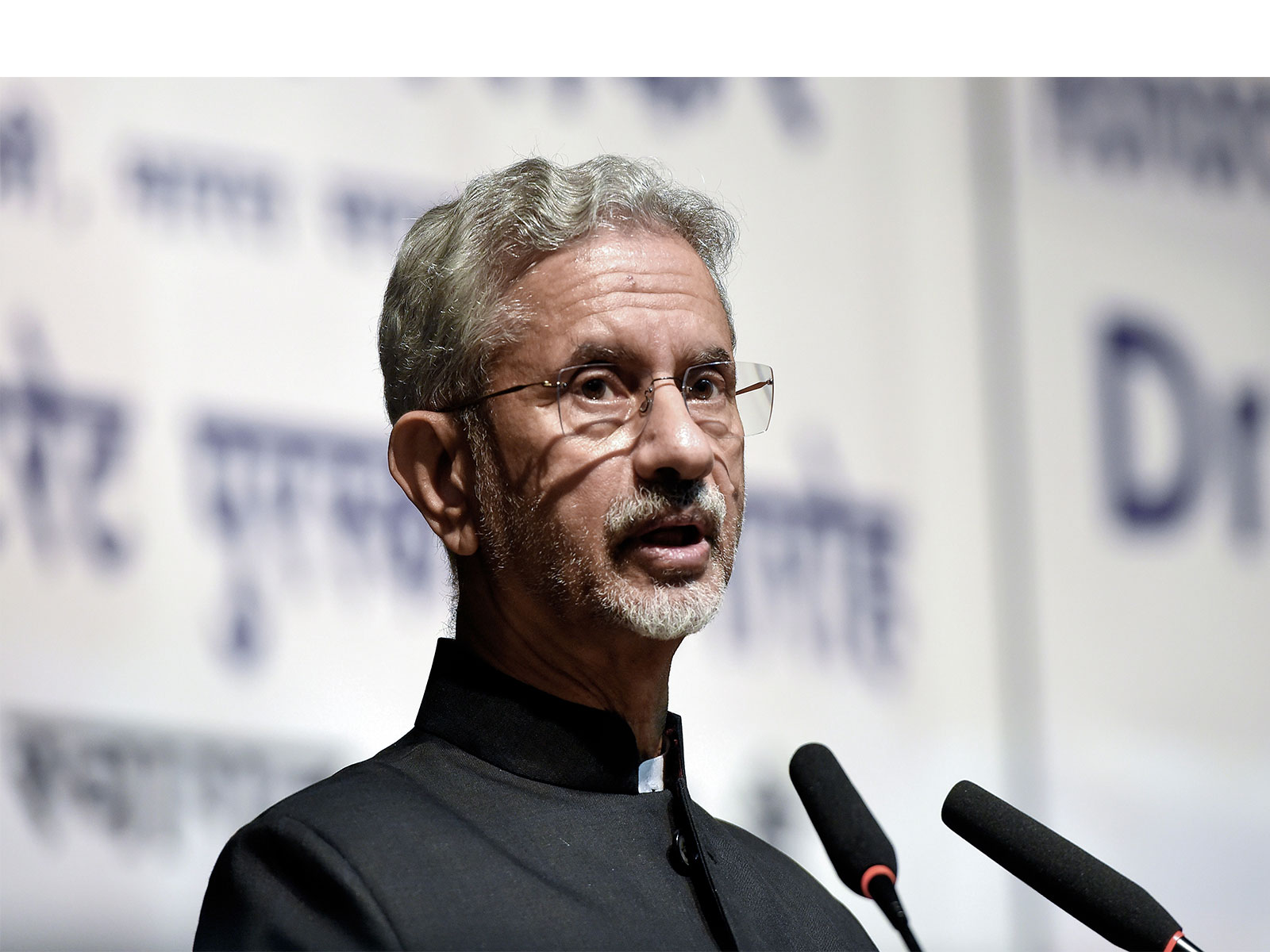New evidence that biometric data systems imperil Afghans
Mar 31, 2022

Kabul [Afghanistan], March 31 : Raising concerns about the security situation in Afghanistan, Human Rights Watch (HRW) said the Taliban control systems holding sensitive biometric data that Western donor governments left behind in Afghanistan in August 2021, put thousands of Afghans at risk.
The New York-based rights watchdog said this digital identity and payroll systems contain Afghans' personal and biometric data, including iris scans, fingerprints, photographs, occupation, home addresses, and names of relatives.
The Taliban could use them to target perceived opponents, and HRW research suggests that they may have already used the data in some cases.
"Governments and organizations that helped amass vast quantities of personal data on large numbers of Afghans may be inadvertently assisting the Taliban repression," said Belkis Wille, senior crisis and conflict researcher at HRW. "Data collection's highly intrusive nature and inadequate protections could put people at heightened risk of Taliban abuse."
According to HRW, foreign governments such as the United States, and international institutions, including United Nations agencies and the World Bank, funded and in some cases built or helped to build vast systems to hold the biometric and other personal data of various groups of Afghans for official purposes. In some cases, these systems were built for the former Afghan government.
The HRW warned that Afghanistan currently has no data protection law.
"Having such a law, even assuming it met international standards, would not have guaranteed adequate data protection, but it could have helped to ensure better practices and to reduce the potential harm to those whose data has fallen into Taliban hands," the group added.
Human Rights Watch interviewed 12 Afghans with expert knowledge of the country's biometric systems, including 6 judges; 5 foreign privacy and human rights researchers documenting the potential impacts of the systems being accessed by the Taliban; 3 UN staff members working on Afghanistan; and 2 US military officers formerly based in Afghanistan.
The Taliban's access to this data comes at a time when they are targeting individuals because of their past association with the former government, particularly members of the security forces, judges and prosecutors, and civil servants, including women working in these fields. The Taliban have also detained and abused people who have criticized their policies.



















